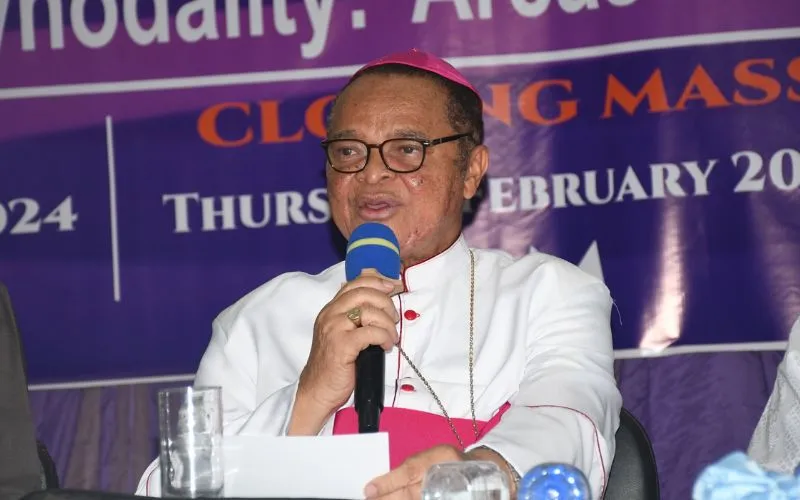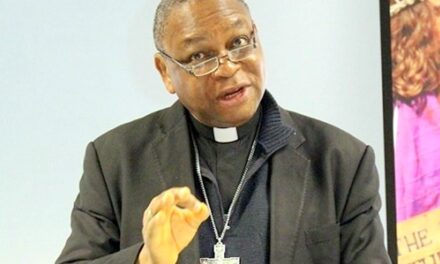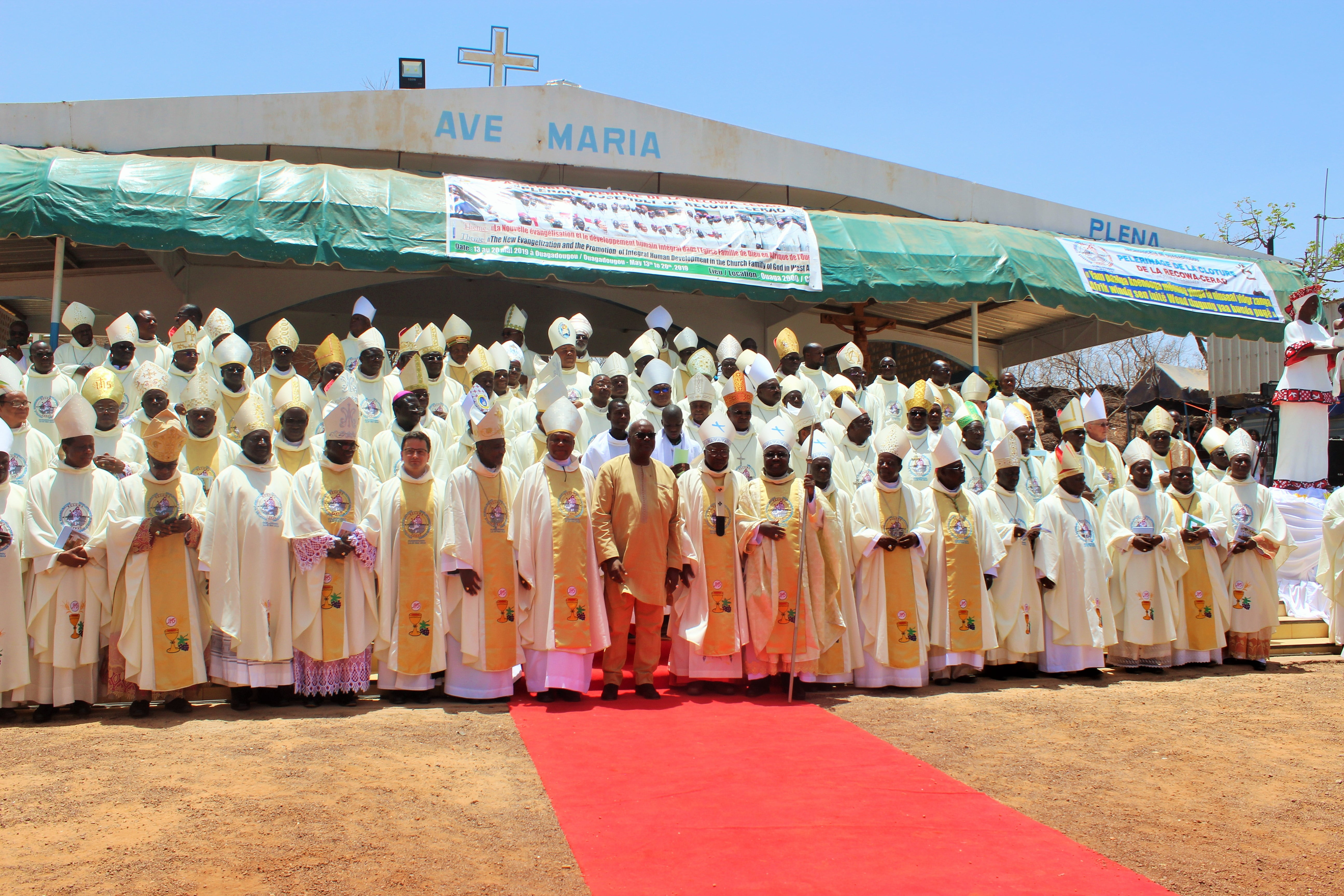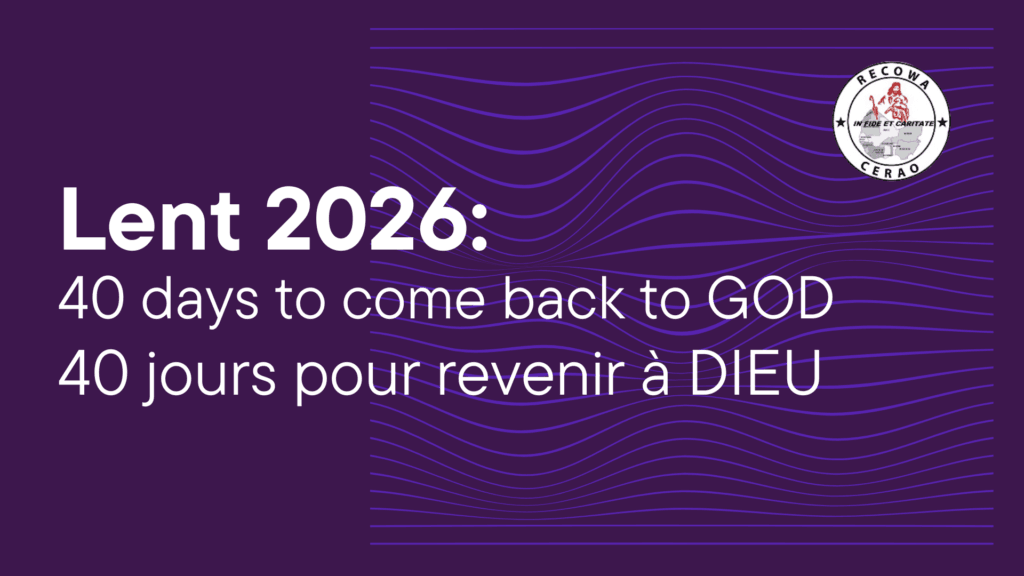Nigerian bishops have voiced serious concerns about the Samoa Agreement, signed on November 15, 2023, in Apia, Samoa, by the European Union and its 27 member states, along with the 79 members of the Organization of African, Caribbean, and Pacific States (OACPS). This agreement, intended to govern relations between these parties for the next 20 years, replaces the Lomé Convention (1975) and the Cotonou Agreement (2000).
On June 28, Nigeria’s ambassador to Brussels officially signed this agreement on behalf of the Nigerian government. However, this action was quickly followed by a vigorous reaction from the Nigerian bishops. In a 25-point communiqué published on July 10 at the conclusion of their Assembly, the bishops positioned themselves as « watchmen and guides » deeply committed to the preservation of Nigeria’s moral, religious, and cultural growth. They urged the government to « propose a modification to the agreement or withdraw from it. »
According to Archbishop Lucius Iwejuru Ugorji of Owerri, president of the Catholic Bishops’ Conference of Nigeria (CBCN), and Bishop Donatus A. Ogun of Uromi, secretary of the CBCN, the agreement appears harmless and attractive on the surface. However, the bishops believe the agreement is subtly imbued with post-modern secular ideologies that significantly undermine the moral, cultural, and religious convictions of Nigerian citizens.
The bishops fear that Nigerian civil authorities may not fully grasp the implications of this document, which they believe threatens the country’s sovereignty and national values. A major point of contention is the presence of 61 references to gender equality, gender perspectives, and gender mainstreaming in the agreement. Specifically, Article 2.5 stipulates that parties must systematically promote a gender perspective and ensure that gender equality is mainstreamed in all policies. The bishops emphasize that the term gender is no longer innocent, with over 110 gender identities claiming a stake in the concept of gender equality.
In response, the bishops are calling on the government to include a substantive article in the general agreement and the African regional protocol, stating that nothing in this binding agreement should be interpreted as including obligations regarding sexual orientation, gender identity, comprehensive sexual education, abortion, contraception, the legalization of prostitution, same-sex marriage, or children’s sexual rights. They further assert that Nigeria should withdraw from the Samoa Agreement if the EU rejects the proposed amendment, noting that South Africa has already set a precedent by withdrawing from the Cotonou Agreement in 2023.
The Nigerian Islamic Forum also reacted by calling on the federal government to withdraw from the Samoa Agreement without delay. They advised the government to consult the population on any significant treaty with social, educational, and religious implications before signing such agreements. The Forum also stressed the importance of parents and teachers strictly overseeing the moral education of children and being vigilant about their exposure to social media.
The Samoa Agreement, though ambitious in its goal to govern international relations for the next two decades, has thus elicited mixed reactions in Nigeria. The calls for reevaluation or withdrawal reflect deep concern about the potential impacts on the country’s values and sovereignty.
- CATHOLIC ARCHBISHOP IN GHANA HAILS POPE LEO XIV AS GOD’S GIFT - 23 mai 2025
- POPE LEO XIV TO APPROVE CANONIZATIONS - 22 mai 2025
- THE EVOLUTION OF PAPAL TRANSPORTATION - 20 mai 2025







